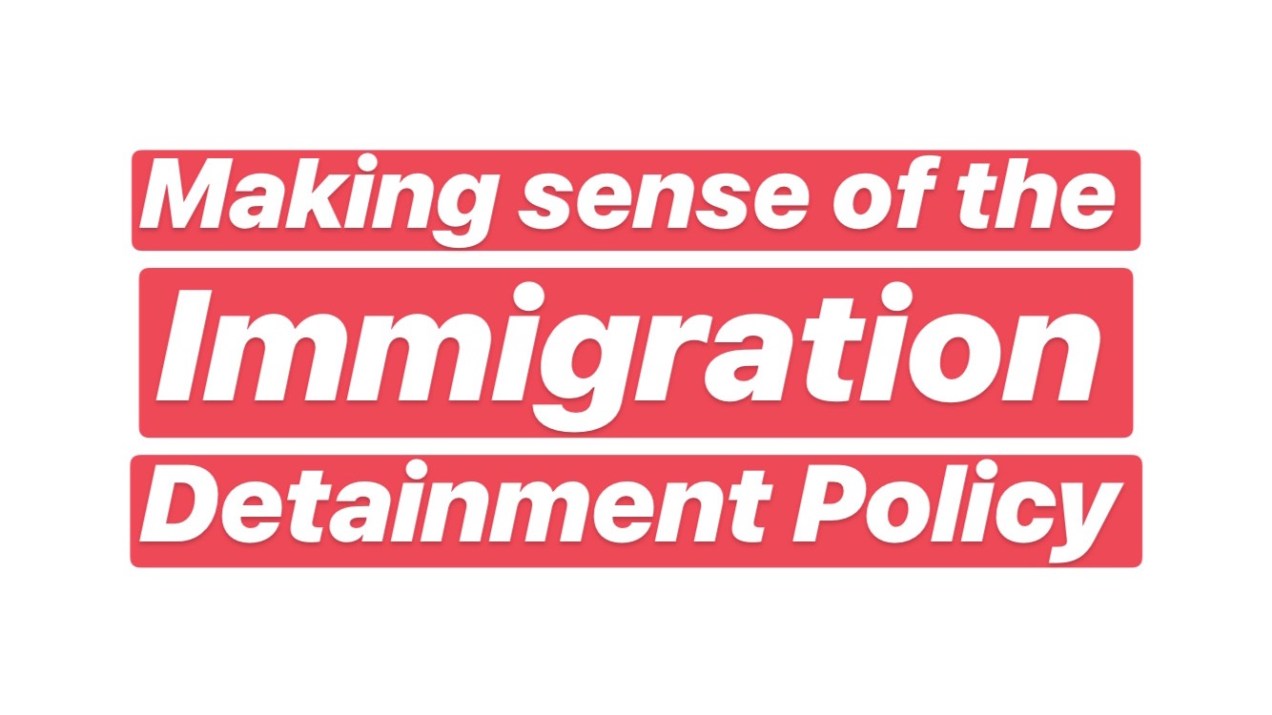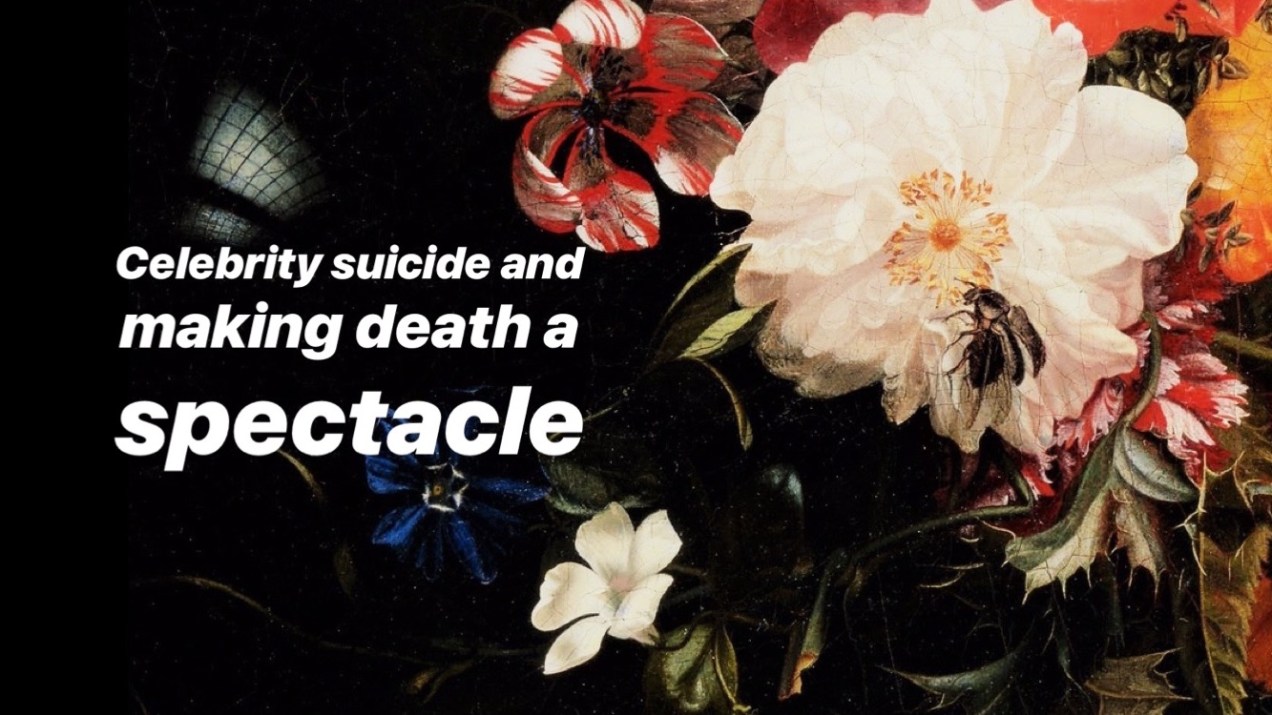Before we get started: the only truly funny part about this impeachment is every reputable news outlet having to write a headline like, “The peach emoji isn’t just for butts anymore!” Like I didn’t know that I needed WaPo to write about the “sexy” peach emoji until it did. Just goes to show you.
If you’re anything like me, you’re sick of hearing about impeachment at every hour of every day, but you also can’t get enough of the d-r-a-m-a. And if you’re also like me, you haven’t bothered to research the actual process of impeachment until you decided to write about it for your blog. And if this paragraph applies to you, you need to back off. This is my thing.
As with a lot of things revolving around politics or science or culture or news, you can be an avid news-watcher and get a lot of the “latest” without really ever understanding the background or context.
So what is it?
Impeachment involves the lower house (in this case, the House of Representatives) of a bicameral government bringing forth charges against an elected official for alleged committed “high crimes or misdemeanors.” After that goes through, the impeachment then moves into the upper house (in this case, the U.S. Senate) as a trial, the result of which either finds the aforementioned government official convicted or not, and thus removed from office or not.
Before Trump, there were three instances of impeachment proceedings: Andrew Johnson in 1868, Richard Nixon in 1974 and Bill Clinton in 1998.
Presidents (as well as other government officials) can be impeached for things that are technically legal. A president does not have to break the law to trigger an impeachment process.
In fact, Alexander Hamilton, in the 65th Federalist paper, identified impeachable offenses as public misconduct, or the abuse/violation of public trust. Essentially, the creators of the impeachment process recognized that even non-criminal activities by the person occupying the highest and most powerful seat in the country could have damaging or negative ramifications.
It’s the same logic as to why if I complained about a Postmates driver stealing my food, no one would care, but when Lizzo complains, that driver gets death threats. People in power have impact that I don’t.
Impeachment does not necessarily mean ‘the removal from office.’ That’s why Trump could possibly be our third impeached president, though none have ever been removed from office. That’s because while the impeachment was approved and moved through the House, the Senate acquitted both President Bill Clinton and President Andrew Johnson via their respective trials.
This happened before?
In 1868, Andrew Johnson was impeached (primarily) for violating the Tenure of Office Act when he removed Secretary of War Edwin Stanton and replaced him with Brevet Major General Lorenzo Thomas. The larger context was the tension between Johnson and Congress over how to incorporate the Confederacy back into the Union, but I’m not your history teacher. Read a book.
Johnson was aquitted in the Senate trial, and set the precedent that Congress cannot remove a president from office because they disagree with his policy, style or administration of office.
The impeachment process began in February 1868 and concluded in May of the same year.
Despite the fact that Richard Nixon’s is the only impeachment process to not result in a Senate trial, his was also the only one to result in a president leaving office. Nixon was not actually impeached.
The process to impeach Nixon started after an investigation into the Watergate scandal (when burglars broke into the Democratic office at Watergate), and the Nixon administration’s attempt to cover up their involvement. The money paid out to the burglars was connected to a fund for Nixon’s re-election; in addition, Nixon and his aides discussed how to delay the FBI’s investigation in the Smoking Gun Tape.
However, impeachment seemed costly, publicly erosive and unpopular until the Saturday Night Massacre on Oct. 20, 1973, when Nixon fired both the attorney general and deputy A.G. for refusing to fire Watergate Special Prosecutor Archibald Cox. After all three were fired, the desire for impeachment swelled rapidly.
In late July, 1974, the Judiciary Committee approved three articles of impeachment (obstruction of justice, contempt of Congress and abuse of power). By early August, one of the subpoenaed phone call transcripts – the Smoking Gun Tape – had completely destroyed the rest of Nixon’s political goodwill. On the tape, Nixon was heard agreeing that the FBI should be approached to halt the investigation. On August 9, 1974, he resigned from office before the House of Representatives could officially vote on impeachment.
Nixon’s impeachment process started in late October, 1973 and ended with his resignation in August, 1974.
In 1998, President Bill Clinton was impeached on two articles (obstruction of justice and lying under oath) after Paula Jones, a former Arkansas state employee, sued the president for sexual harassment. During the Jones suit, Clinton was asked about his relationship with Monica Lewinsky and lied under oath.
The Jones suit came when independent counsel Ken Starr, investigating the Clintons for financial dealings with the Whitewater Land Company, learned about Ms. Jones during the investigation. During the investigation, Linda Tripp provided taped conversations between her and then-intern Monica Lewinsky where Lewinsky discussed her relationship with Clinton.
In a January 1998 sworn deposition, after Starr had received the tapes from Linda Tripp, Clinton lied under oath and denied any relationship with Lewinsky. Clinton was impeached in December of 1998 but acquitted in the following Senate trial when neither of his charges received the necessary two-thirds majority to convict.
The impeachment process began in October 1998 and concluded in February of 1999.
What’s the rub, currently?
On September 24, 2019, an impeachment inquiry started after a whistleblower flagged a conversation between U.S. President Donald Trump and the president of Ukraine, Volodymyr Zelensky.
During the call, Trump also asked for ‘a favor’ from Zelensky, to investigate the debunked conspiracy that Ukraine, not Russia, had interfered in the 2016 U.S. presidential election. In the call, Trump brought the conversation to include the actions of Hunter Biden, the son of former Vice President and current Democratic presidential candidate Joe Biden who had business in Ukraine, and possibly enlist Zelensky and the Ukrainian government to investigate the Bidens. In the call, Trump alleged that Joe Biden had stopped prosecution of his son in Ukraine for his involvement in Ukrainian business. There is no evidence of this.
A second whistleblower came forward in early October with ‘first-hand’ knowledge of the Trump-Zelensky call. In the weeks before the call, Trump, through acting chief of staff Mick Mulvaney, had halted Congress-voted military aid to Ukraine. The first whistleblower also included the (proven to be true) moving of the phone transcript from the routinely used database to one that was much more high-security and typically only used for matters of grave consequence.
Essentially, House Democrats are claiming that Trump used the call, and potentially withheld financial aid to Ukraine, to pressure a foreign power to investigate his political rival.
It should be noted that the Trump administration denied that any pressure was being applied to Ukraine, and that the delayed financial aid was unrelated (that aid has since been given to Ukraine).
As the inquiry advances, more things will probably come out, so I don’t really want to get bogged down with too much detail, but the inquiry has brought Trump’s personal lawyer, Rudy Giuliani (who supposedly acted as an agent of the State Department, according to himself), Giuliani’s now-arrested associates and Attorney General William Barr (who was on the Ukraine call).
Literally, things keep happening.
When talking to reporters on October 3rd (he asked me what day it was, it was October 3rd), Trump said that China should also investigate the Bidens. Trump has made several statements asserting that the impeachment inquiry is a political coup, that the whistleblowers are guilty of treason, and that there was nothing wrong with the call. On the 17th of October, Mulvaney told reporters to ‘get over it,’ when he said, and later walked back, that the military funding had been withheld and then given, but only in relation to the Ukraine-Crowdstrike part of the conversation. Hours later, he said that his remarks had been misconstrued.
If I really went into every detail, I’d drive myself insane. Based on past impeachment processes, we could be at the beginning of a weeks- or months-long process. But now, at least, you know a little bit more.










